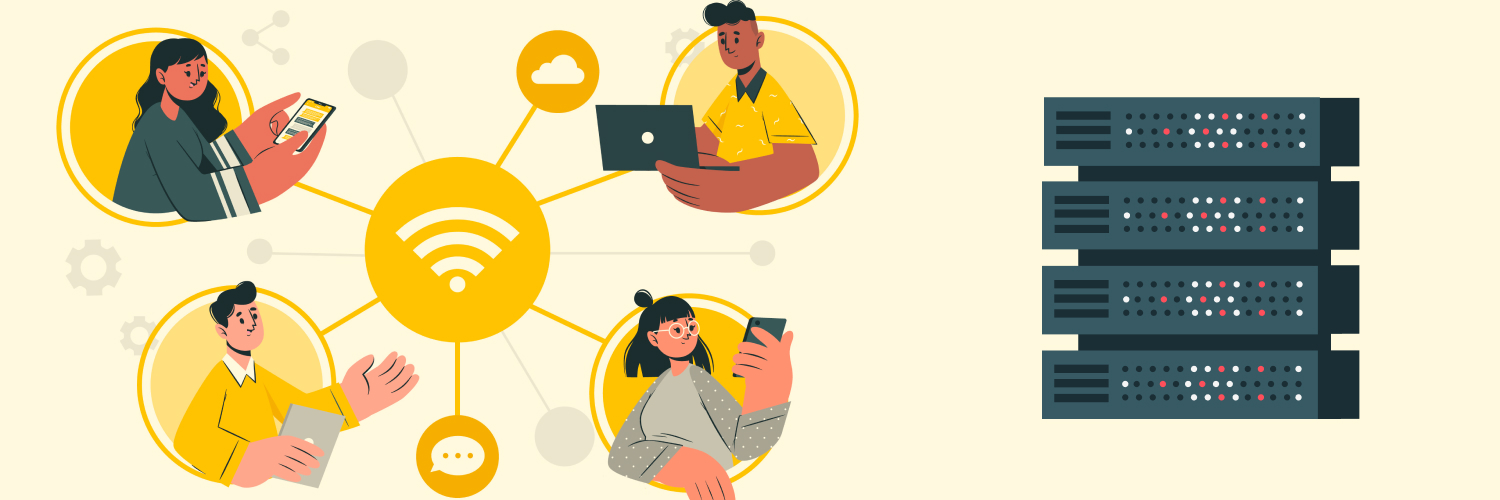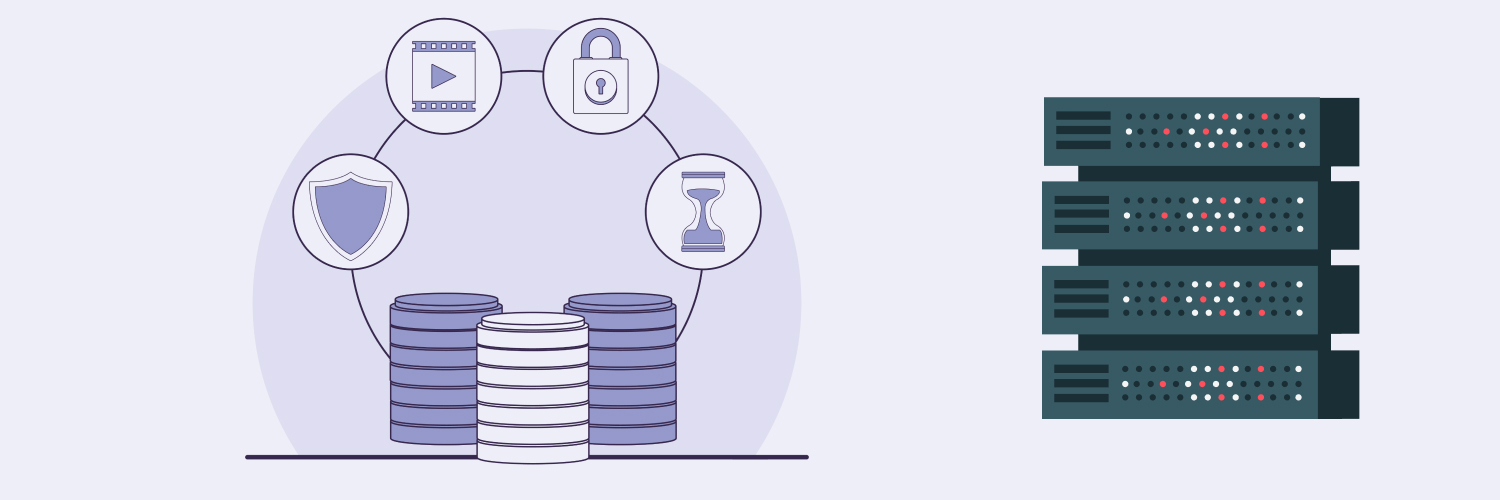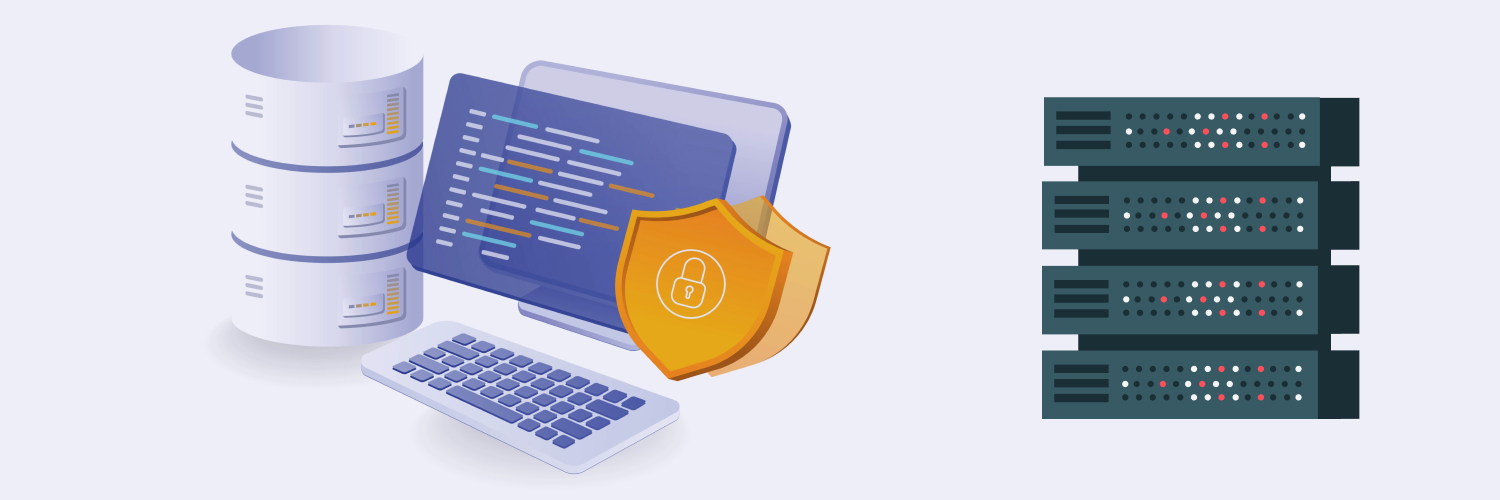Using Proxies For Monitoring Ad Campaign Performance
Online ads are a core component of your marketing strategy, in order to improve brand awareness and reach more of your target demographic. But like many aspects of the internet, online ads are often targets of fraudulent activity.
Common ad fraud includes false clicks and ads that end up on fraudulent websites. Ad verification and monitoring can also be used to combat ads that don’t reach your target market or display correctly on users’ devices.
When your ads are hijacked by people committing fraud, the money you spend trying to reach and convert genuine customers can end up being wasted on fake websites. But ad fraud not only limits genuine impressions, making your overall reach smaller, it can damage your credibility. When your online ads end up on fake or harmful websites, your customers might not see you as a trustworthy brand.
Using residential proxies for ad verification and ad monitoring helps you stay on top of your ads and check how they are performing. You can use these tools to track your ads and make sure they are reaching a broad audience of real internet users.
Along with helping you combat fraud, monitoring ad campaign performance using residential proxies and ad monitoring software lets you see how your ads are landing with clients who don’t live in your area.
What is Ad Verification?

Ad verification involves using software to verify how your ads are being displayed. You can use the software to see where your ads are being displayed, in which context, and how they are being displayed on the site. Ad verification gives you better quality control over your online advertising, and it helps you improve ad visibility, because you can monitor your ads to improve their likely performance in terms of impressions.
The software works by scanning the internet and checking each website on which your ad is being run. There are limitations to this software, however. Your software might be inhibited by IP blocking, geolocation, and user anonymity.
IP blocking
If someone is fraudulently using your ad on their website, they might block your IP address to keep you from finding your ad on their website. It’s typically used to protect websites from hackers and other activity, but it can also be used to keep you out of a fake website.
Geolocation
Google and other search engines often limit search results based on your IP address. When you’re searching the internet, these engines use your geolocation to deliver the most relevant results, which most often come from your geographic area.
If your company does business in multiple areas and you’re advertising nationwide, your search engine might not display results from websites outside of your geographic area.
User anonymity
Since many fraudulent websites frequently block IP addresses of companies performing ad verification, it is important that your IP address remains hidden from these backend security features. When the fraudulent website locates and blocks your IP address, it slows down the ad verification process.
How Proxies Make Ad Verification More Effective

Using a proxy in tandem with your ad verification software addresses the limitations listed above. A proxy functions as a “middle man” between your software and the websites it’s trying to search. These proxies conceal your IP address, keeping it from being blocked by fraudulent websites.
Using a proxy IP address
Proxies also allow you to set up an IP address from a different location, so you can monitor ads in every geographic area in which they are displayed. Verifying ads without a proxy makes the process more tedious and often less effective.
What are the best proxies?
There are different types of proxies to consider. Data center proxies come from secondary corporations, and they are not affiliated with a specific internet service provider. Most data center proxies come from cloud servers. A residential proxy is associated with an internet service provider.
Residential proxies look like they are coming from an internet service provider (ISP), so they appear as if they’re being used by individual users. They are less likely to be banned by websites running your ad. These proxies are more effective for ad verification.
How to use a proxy for monitoring ads
Ad verification benefits your company and the companies hosting your ads. Advertising agencies, publishers, and other professionals use ad verification to ensure that your ads meet the specifications and that your content is appropriate for their website. They do this by adding tags into each ad, which flags it as an ad and allows it to be located by ad verification software.
You can use the same principles when it comes to monitoring ad campaigns. Your ad verification software will look for these tags and give you a more accurate assessment of how your ads are performing.
A residential proxy keeps you anonymous, while giving you tools needed to find and delete fraudulent ads. Residential proxies mimic organic user behavior, so they aren’t detected as easily by IP address blocking software and other security tools.
Google Chrome Ad Verification

Some proxies offer a Google Chrome extension, enabling your ad verification tools to better assess your ads using this search engine. The extension makes it easier to activate different proxy functions. You can set your location with a drop-down menu and access residential proxies from multiple devices. Using a Chrome anonymous proxy to perform ad verification also keeps your website more secure.
Since you’re looking for your ad on fraudulent sites, ad verification can make you more susceptible to viruses and malware. Using a Chrome anonymous proxy enhances your security, making ad verification less of a danger to your network.
Using Ad Monitoring Software to Replicate The User Experience

Another advantage of using a residential proxy for ad verification is monitoring ad replication of the user experience. If you’ve developed an interactive ad or one with video or animation, you can use residential proxies to determine how it would display for the average user.
Using different devices, including computers and smartphones, you can load your ad as if you were a residential internet user and see how it displays.
Ad Monitoring Tools Can Verify Local Ads

If you are operating your business in multiple areas, you might be running a series of hyper local ads targeted to people in a different geographical area. Setting your proxy to that location shows you which area websites are running the ad.
For example, if your ad is being run on a local news website, you can see which articles are displayed next to the ad. It might also run a local business website or a local blog.
If your ad is being run on a national platform, you can set your residential proxy to that location and check the “local” section of Yahoo or MSN to see articles that are being displayed next to your ad. This information can give you insights into analytical data associated with these ads.
You might notice that one local ad is performing better than others. By verifying the ad as if your were a user, you could determine that the ad is being run on the local news section of the website next to an event calendar. In the future, you can use this data to create ads and select ad space that garners more impressions.
Other Ways Monitoring Ad Campaigns May Be Useful

Ad verification lets you monitor and refine your advertising, but it can also help you determine the best sources of traffic for your website. Once your ad verification program has identified non-human clicks and other instances of fraud, you can use analytical data to determine which ads perform the best with actual users.
Knowing which ads are performing well helps you refine your messaging and drive traffic to your website in a more organic manner. When you know which clicks are genuine, you get a better idea of which ads are most effectively converting customers. You can see what kinds of copy and imagery make people more likely to purchase your product.
Ad verification also makes it easier for you to combat fraud. It will give you an idea of how prevalent fraud is in your online advertising, so you can decide whether to put protective measures in place. Using tools like captcha and other fraud detection tools can help make it harder for people to commit fraud using your online ads.
Conclusion
If you’re not using ad verification, you could be throwing away advertising revenue. Instead of a targeted ad campaign that reaches people in your target demographics, you could be wasting money on an ad that is generating fake impressions or ending up on a fake or harmful website.
Using a residential proxy with your ad verification software makes the process easier and more efficient. You can use proxies and ad verification tools to see how your ads are being displayed and to bypass security measures including IP address blocking. By ad monitoring, you will start to see a better return on investment with your ads. You’ll have more accurate analytical data for monitoring which ads are the most successful, which you can use to develop future ad strategies. And you will keep your company’s reputation intact by making sure your ads don’t end up on a fraudulent or undesirable website.
The information contained within this article, including information posted by official staff, guest-submitted material, message board postings, or other third-party material is presented solely for the purposes of education and furtherance of the knowledge of the reader. All trademarks used in this publication are hereby acknowledged as the property of their respective owners.





